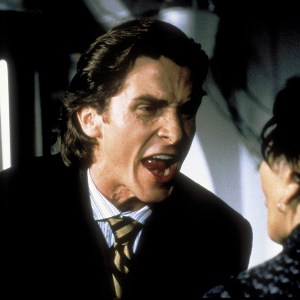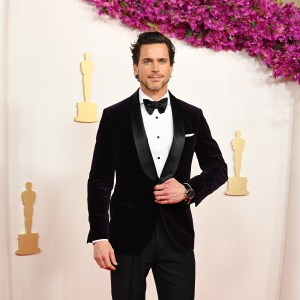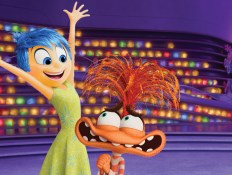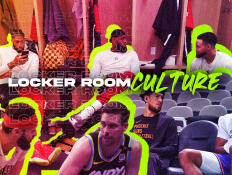By providing your information, you agree to our Terms of Use and our Privacy Policy. We use vendors that may also process your information to help provide our services. This site is protected by reCAPTCHA Enterprise and the Google Privacy Policy and Terms of Service apply.
How Andrew McCarthy Learned to Love the Brat Pack
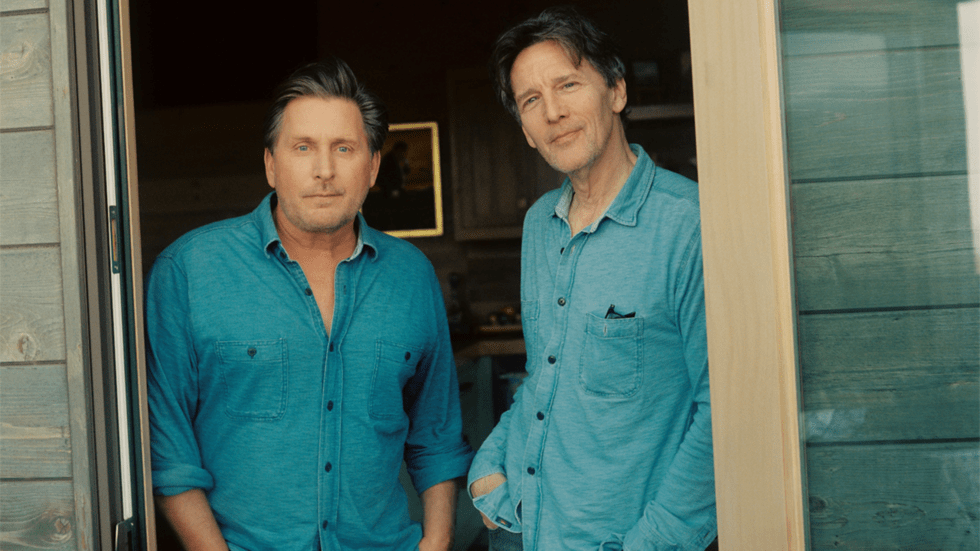
In June 1985, a young group of talented actors was ready to take the world by storm as the release of Joel Schumacher‘s “St. Elmo’s Fire” approached. Emilio Estevez, Ally Sheedy, Judd Nelson, Rob Lowe, Andrew McCarthy, and Demi Moore had already done fine work in other films both together (Estevez, Sheedy, and Nelson had all been in “The Breakfast Club”; Lowe and McCarthy co-starred in “Class”) and apart, but “St. Elmo’s Fire” was the best showcase any of them had ever gotten, in an era when youth movies were better and more numerous than they had ever been before. Nothing stood in the way of their becoming the next generation of great American screen actors — except for a New York magazine writer named David Blum.
Blum spent a night out with Estevez and several of his friends for what was supposed to be a simple profile of the actor but turned into a cover story in which the journalist dubbed the entire group the “Brat Pack” and characterized them as spoiled partiers who didn’t care about their craft. The catchy label took off and stuck to the actors — as well as to others of their generation like Molly Ringwald — and immediately changed their lives, mostly for the worse. They (correctly) feared that great directors would no longer take them seriously and passed up potentially great projects where they would have been reunited in an effort to flee from the Brat Pack moniker. Any camaraderie that did exist among the group was immediately destroyed.
McCarthy, who would go on to star in the iconic ’80s youth movies “Pretty in Pink” and “Less Than Zero” before going on to a successful career as an episodic television director, justifiably hated Blum’s article and ran from any association with the Brat Pack for years (though he did reunite with Ringwald for the underrated “Fresh Horses”). In 2021, however, he wrote a memoir wrestling with the Brat Pack and its legacy, and now he has directed the documentary “Brats,” a moving and funny look back at the era and its movies that’s also something more: a meditation on the passage of time, and how the truth changes with perspective. “How we relate to the experiences of our lives changes drastically over time,” McCarthy told IndieWire. “We’re convinced it’s one thing, and then later in life we can be convinced it’s entirely other. And that’s interesting to me.”
McCarthy makes it interesting for the audience too, in a film that, for anyone who was a sentient moviegoer in the mid-’80s, immediately brings back what it was like to experience the explosion in youth films that yielded an abundance of genuinely great movies that have stood the test of time: “Risky Business,” “The Outsiders,” and John Hughes’ output, among many others. “There was a seismic cultural shift that happened at that moment in time,” McCarthy said. “Hollywood discovered that kids go to the movies half a dozen times, grown-ups go once. Fuck the grown-ups, let’s make movies for kids. It happened overnight, and every Friday there was another movie about young kids, and every kid was going to see that movie.”
In “Brats,” a convincing case is made for “Ordinary People” as the movie that kicked the trend off in 1980 — it wasn’t a youth movie, but it took teenagers seriously, an idea that John Hughes would run with a few years later. When Blum’s article came out, it didn’t put an end to youth movies, but it did change the way people looked at them, at least the ones starring actors designated as part of the Brat Pack. Timothy Hutton and Sean Penn might have been taken seriously in “The Falcon and the Snowman,” but Lowe and Moore’s equally rich performances in “About Last Night” were largely underrated (though a few astute critics like Roger Ebert took note), and when Estevez tried his hand at directing himself and his then-girlfriend Demi Moore in “Wisdom,” it was their relationship that was reviewed, not the movie.
The Brat Pack actors evolved with varying degrees of success in the years following — Moore, for example, shed the label to become one of the biggest movie stars of the 1990s — and McCarthy was curious about how their experiences compared to his. “I knew my arc of my relationship to this,” McCarthy said. “I hated it when it first happened. I felt like it was stigmatizing and limiting. And over time I’ve grown to realize that I and other members of the Brat Pack are the avatars of youth for a generation. They look at us with such affection because they see their own youths and project their coming of age and what a wondrous time it is on to us. To realize what a gift that has been, that’s a long journey from hating this thing to embracing it. I knew that was the arc of the movie, because that was the arc of my own experience. What I wanted was to see what other people’s experience with it was. We were all in the same starting spot, but where did other people get with it?”
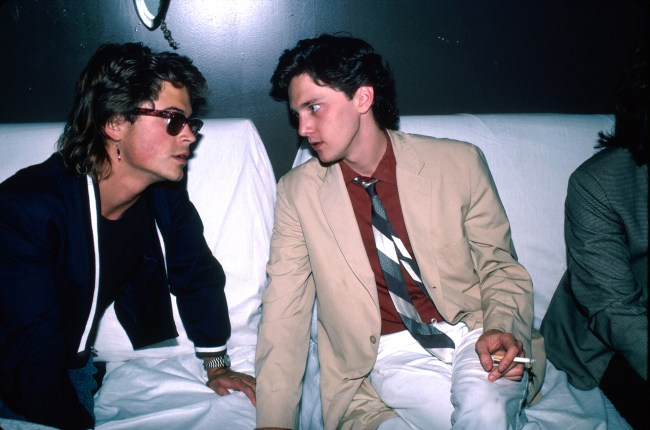
Thus “Brats” takes on a kind of journey structure with McCarthy traveling around the country and interviewing other members of the Brat Pack, most of whom he hasn’t seen in over 30 years. “The biggest surprise to me is how much affection we all had for each other,” McCarthy said. “You know, when Rob and I were young, we were not particularly friendly. We were young and scared and competitive. Seeing him was the same experience that strangers on the street have when they come to me and their eyes light up and they go, ‘Oh my God, my youth.’ Rob walked in and I saw myself at 19 and I had a lot more affection for my own youth and my own mistakes, my foibles and fears.” By juxtaposing the contemporary interviews with entertaining archival footage showing the actors in their heyday, McCarthy creates an inherently fascinating demonstration of the relationship between the past and present. “I was not interested in a nostalgic romp. I was interested in our view of the past, and how the past is still alive in the present and how our present view of the past alters it.”
McCarthy provides added context and depth by interviewing outside commentators (including IndieWire’s own Kate Erbland, whose encyclopedic knowledge of 1980s cinema is put to good use here), but perhaps the most riveting interview is with the man who started it all, David Blum. Blum seems alternately apologetic and defensive and provides the movie’s most jaw-dropping moment when he expresses hurt over film critic Richard Schickel speaking unkindly of him on a “Donahue” episode devoted to the Brat Pack. “I just looked at him dumbfounded,” McCarthy said. “After what he wrote about us? Are you kidding dude?” McCarthy was too stunned to challenge Blum but ultimately felt letting him have his say in a way that the actors in the Brat Pack themselves were never able to was the right way to go. “I’m glad I just let him have his say, and in the end, the viewer can read whatever they want to into it.”
In the end, McCarthy found that he liked Blum and that reconciling with him was just another part of his own journey, as chronicled in the film. “When you’re in the middle of something, sometimes you just can’t see it,” McCarthy said. “I had so much shame about things. But people are still talking about ‘Pretty in Pink.’ John Hughes respected young people’s feelings and that’s why kids are still watching these movies. The hairdos are funny and the music is a little old-fashioned, but the emotional journeys are valid and the same as kids are having now. So I have a lot of respect for those movies in a way that I didn’t when I was younger. I mean, how many movies are you still talking about 35 years later?”
“Brats” begins streaming on Hulu on June 13.
By providing your information, you agree to our Terms of Use and our Privacy Policy. We use vendors that may also process your information to help provide our services. This site is protected by reCAPTCHA Enterprise and the Google Privacy Policy and Terms of Service apply.
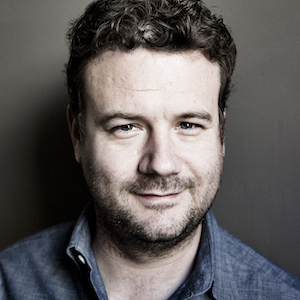
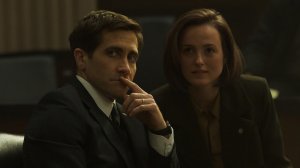

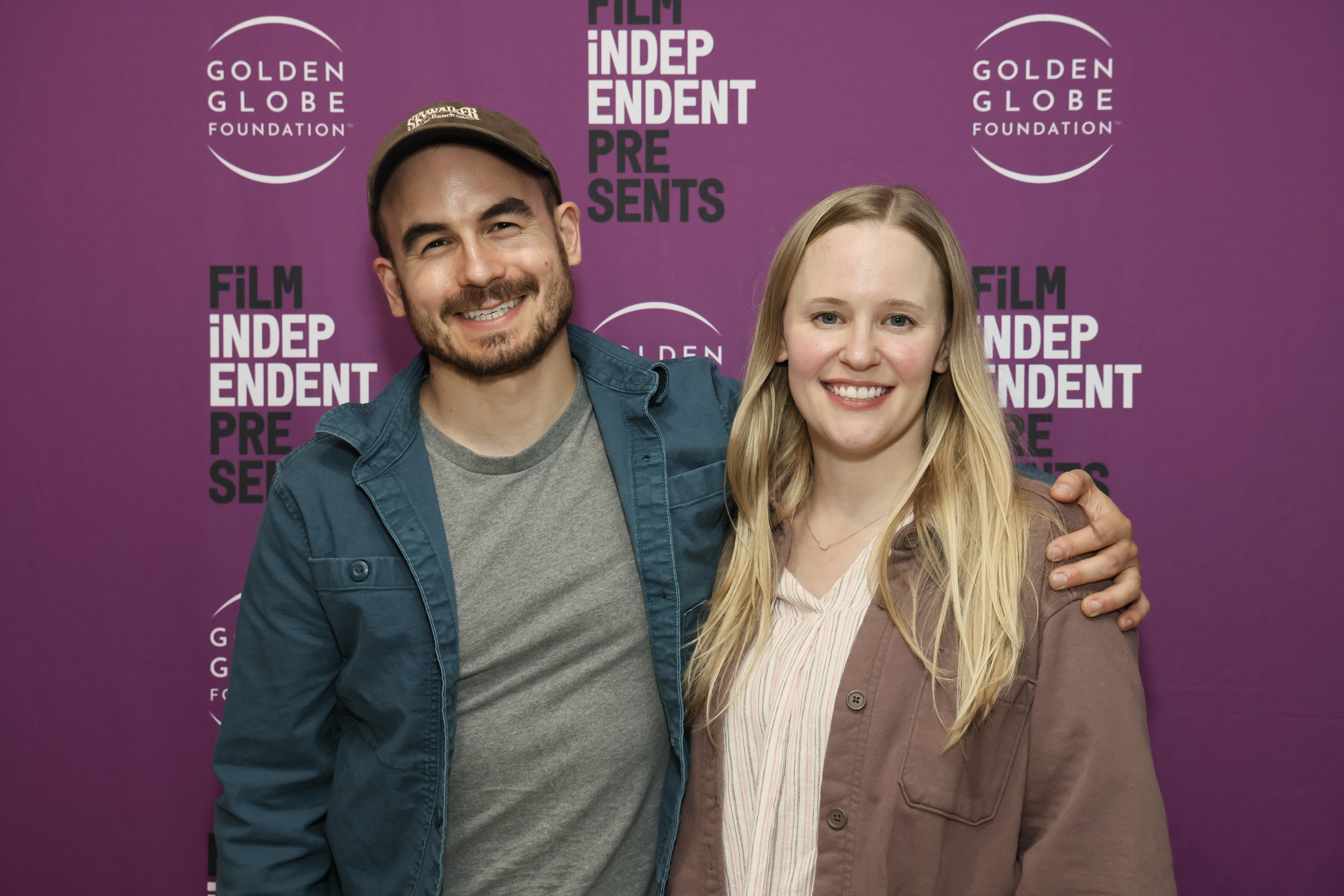
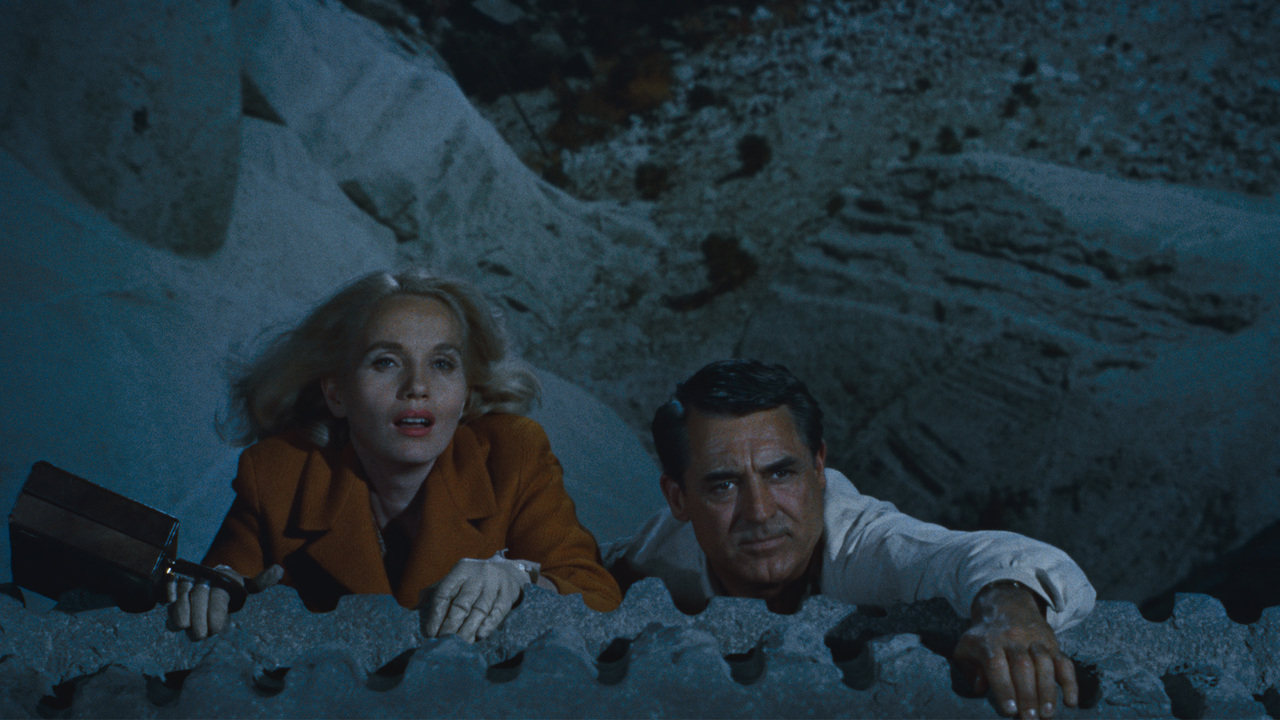
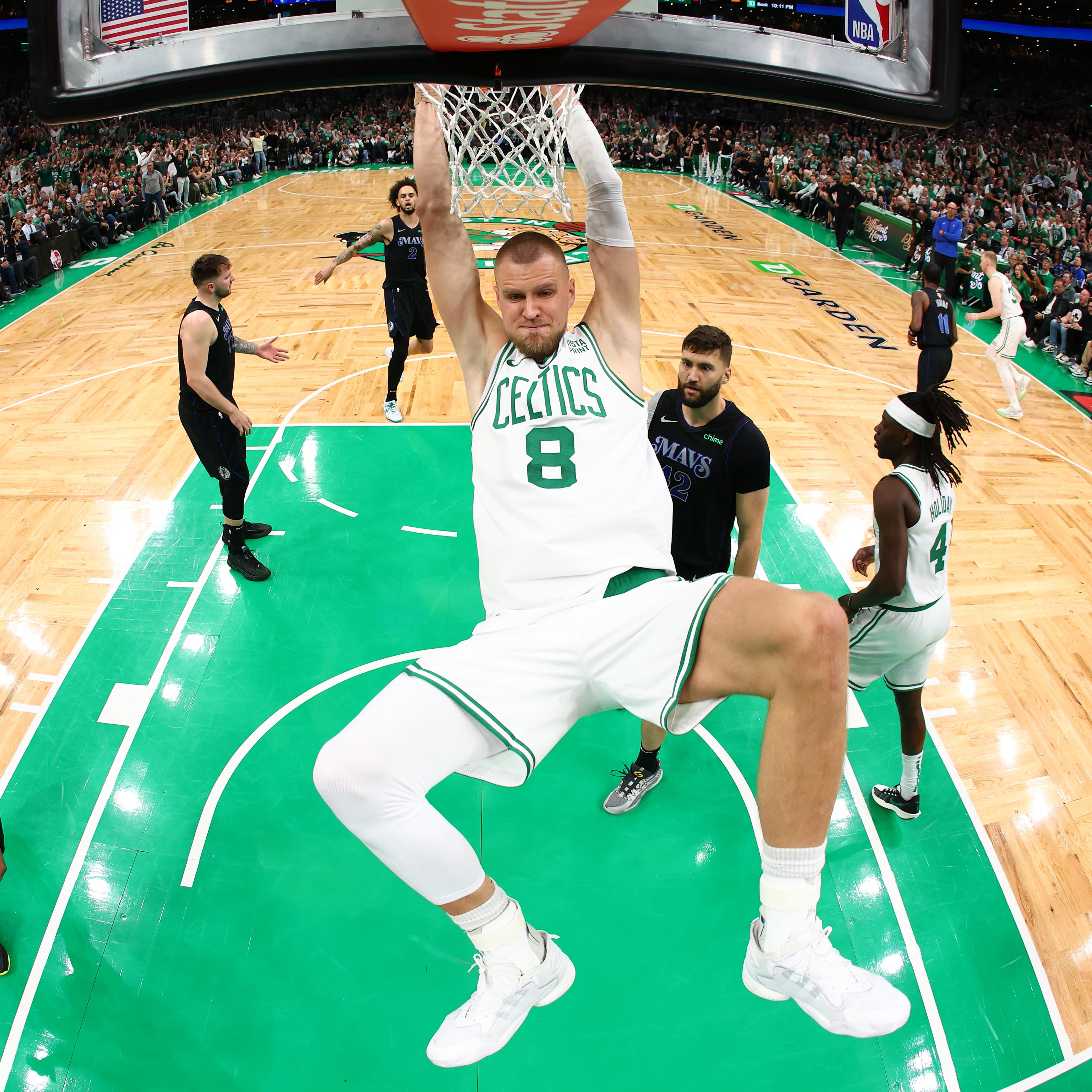
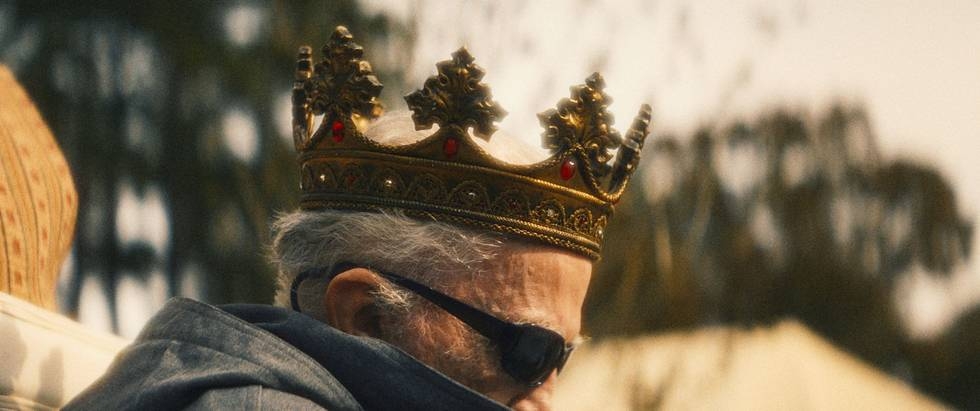
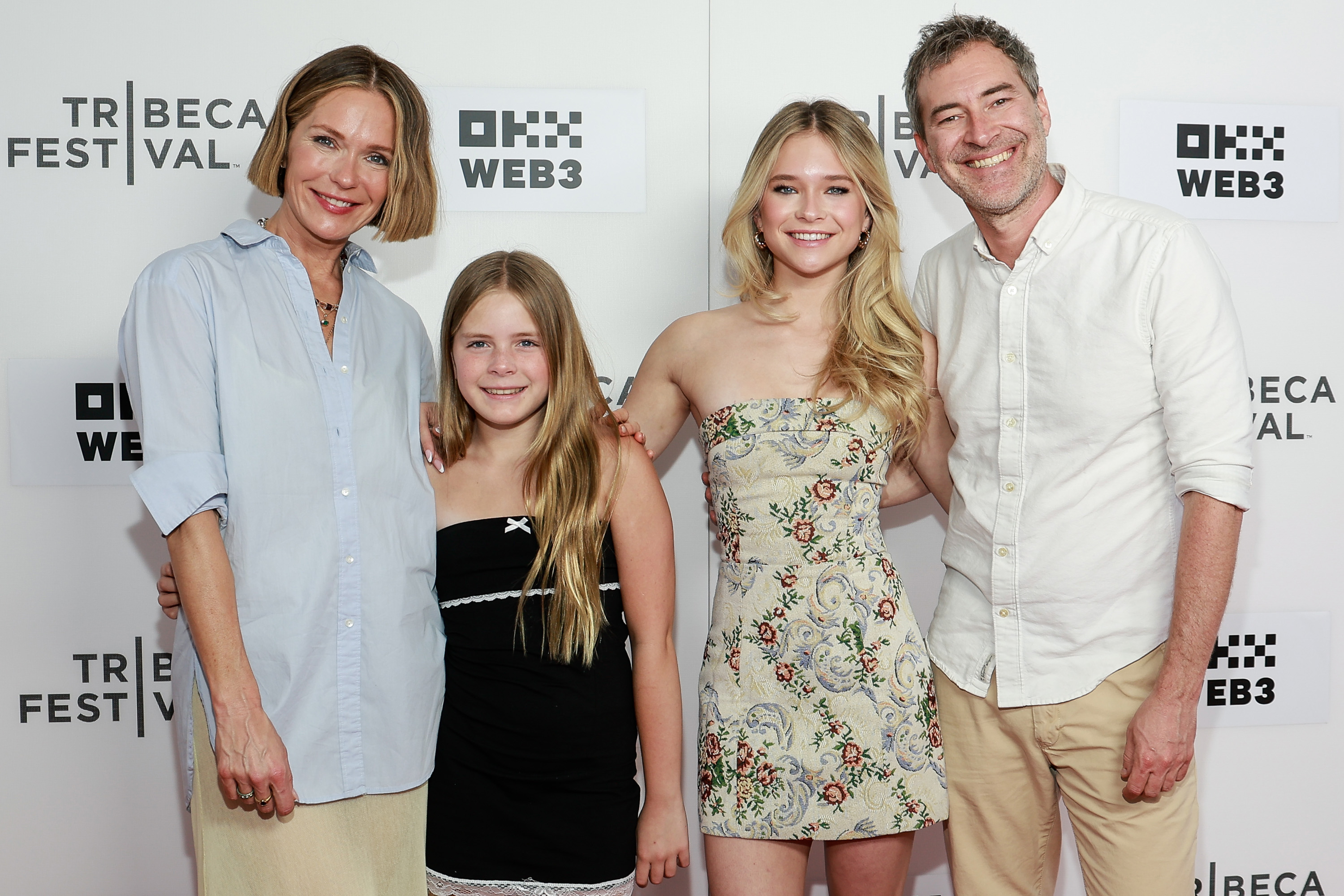
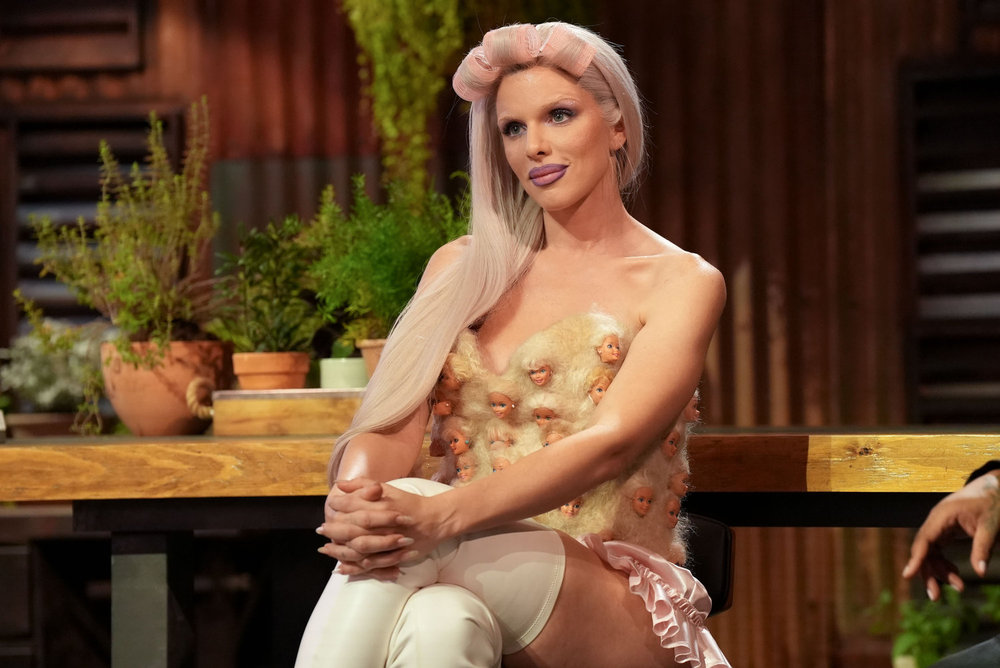
![Andrew McCarthy on Brats, Hs Brat Pack Documentary [Interview]](png/higher_res_best_films-17375.png)
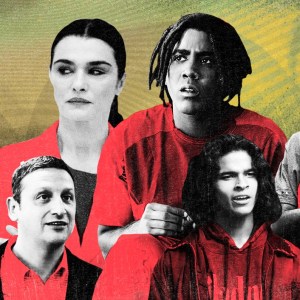
![Andrew McCarthy on Brats, Hs Brat Pack Documentary [Interview]](png/first-features7375.png)
